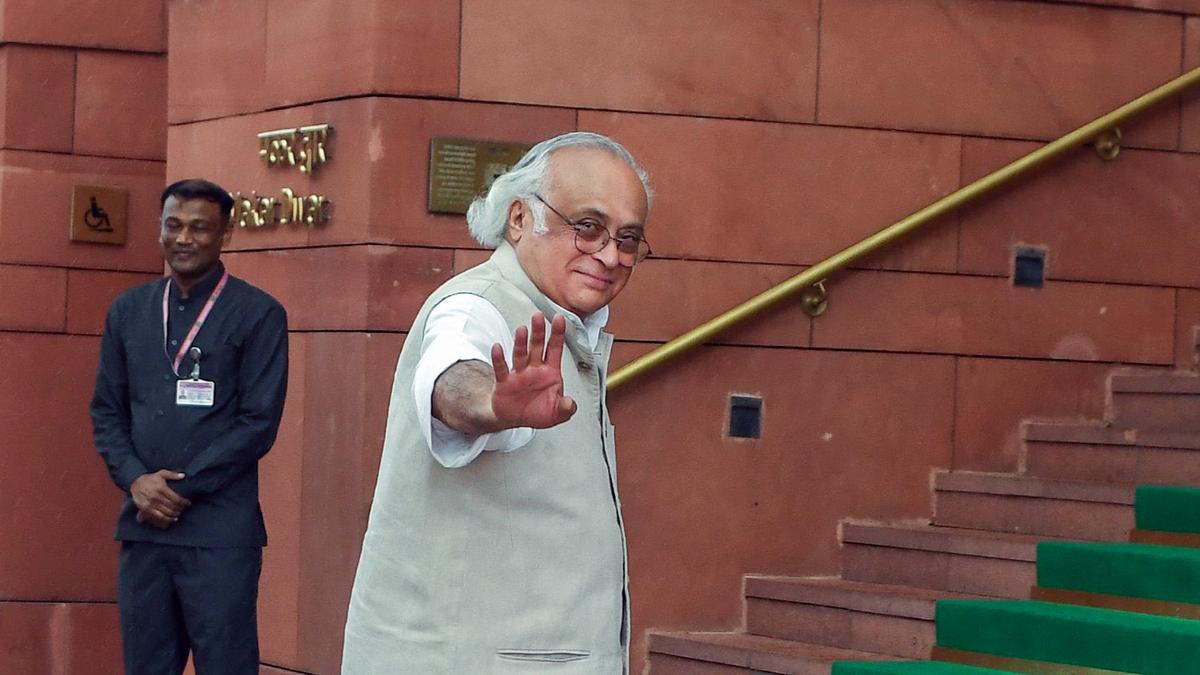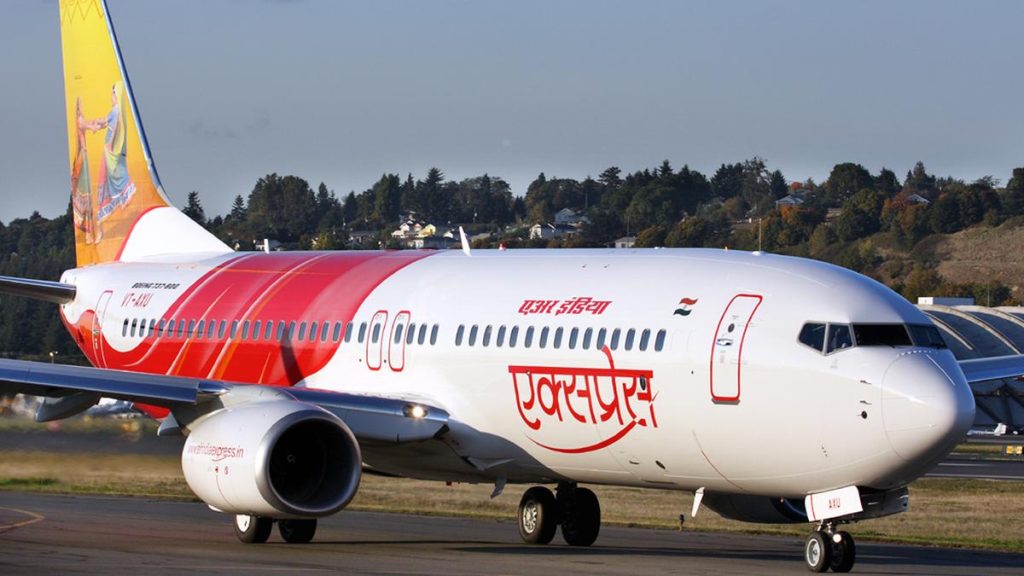Now Reading: Congress Raises Concerns Over India-U.K. FTA’s Impact on Local Industry
-
01
Congress Raises Concerns Over India-U.K. FTA’s Impact on Local Industry
Congress Raises Concerns Over India-U.K. FTA’s Impact on Local Industry

Quick Summary
- Prime Minister Narendra Modi embarked on a four-day visit to the U.K. and Maldives, wiht an India-U.K. Free Trade Agreement (FTA) expected to be signed during the trip.
- The Congress party raised concerns over the FTA’s potential adverse impact on India’s domestic industries, including MSMEs, automobile manufacturing, pharmaceuticals, and government procurement policies.
- According to Congress leader Jairam ramesh:
– Auto import duties will reportedly be reduced from 100% to 10%, possibly affecting domestic manufacturing during the EV transition.
– Concessions in patent rules go beyond WTO agreements, which may impact affordable medicine access and India’s generic drug industry leadership.- the deal allows U.K.firms access to $600 billion in government procurement markets-an area previously excluded from trade deals-and could threaten local enterprises.
– India has not secured exemptions from carbon taxes under UK’s Carbon Border Adjustment Mechanism (CBAM), likely impacting Indian exports further ahead in EU negotiations.
- Modi expressed optimism about bolstering ties across multiple sectors between India and the U.K., citing that tariff reductions will aid Indian exports and foster mutual growth.
- Commerce Minister Piyush Goyal is set to sign the FTA alongside his British counterpart Jonathan Reynolds.
Indian Opinion analysis
The proposed India-U.K. Free Trade Agreement reflects a significant strategic pivot by both nations toward deepening economic ties after three years of negotiation.While touted as a major chance for enhanced trade relations-including possible benefits such as tariff elimination on nearly all products-the agreement has sparked widespread debate about its potential implications for domestic stakeholders.
Critical voices emphasize risks posed by reduced protectionism: MSMEs may face heightened competition from British firms; cuts in auto tariffs could disproportionately hurt emerging EV manufacturers; concessions on pharmaceutical patents may affect both healthcare access within India and its global standing as a hub for affordable generics. Furthermore, allowing foreign companies into government procurement markets represents marked policy departure that raises questions about prioritizing national enterprises over external players.
India’s inability to secure carbon tax exemptions also highlights broader challenges tied directly or indirectly with growing Western protectionist policies involving trade sustainability benchmarks-a concern poised for repetition in upcoming negotiations with other regions like the EU.
On balance outcomes hinge–as intended specifics play balancing robustness envelop evolving contexts : Read Full
























